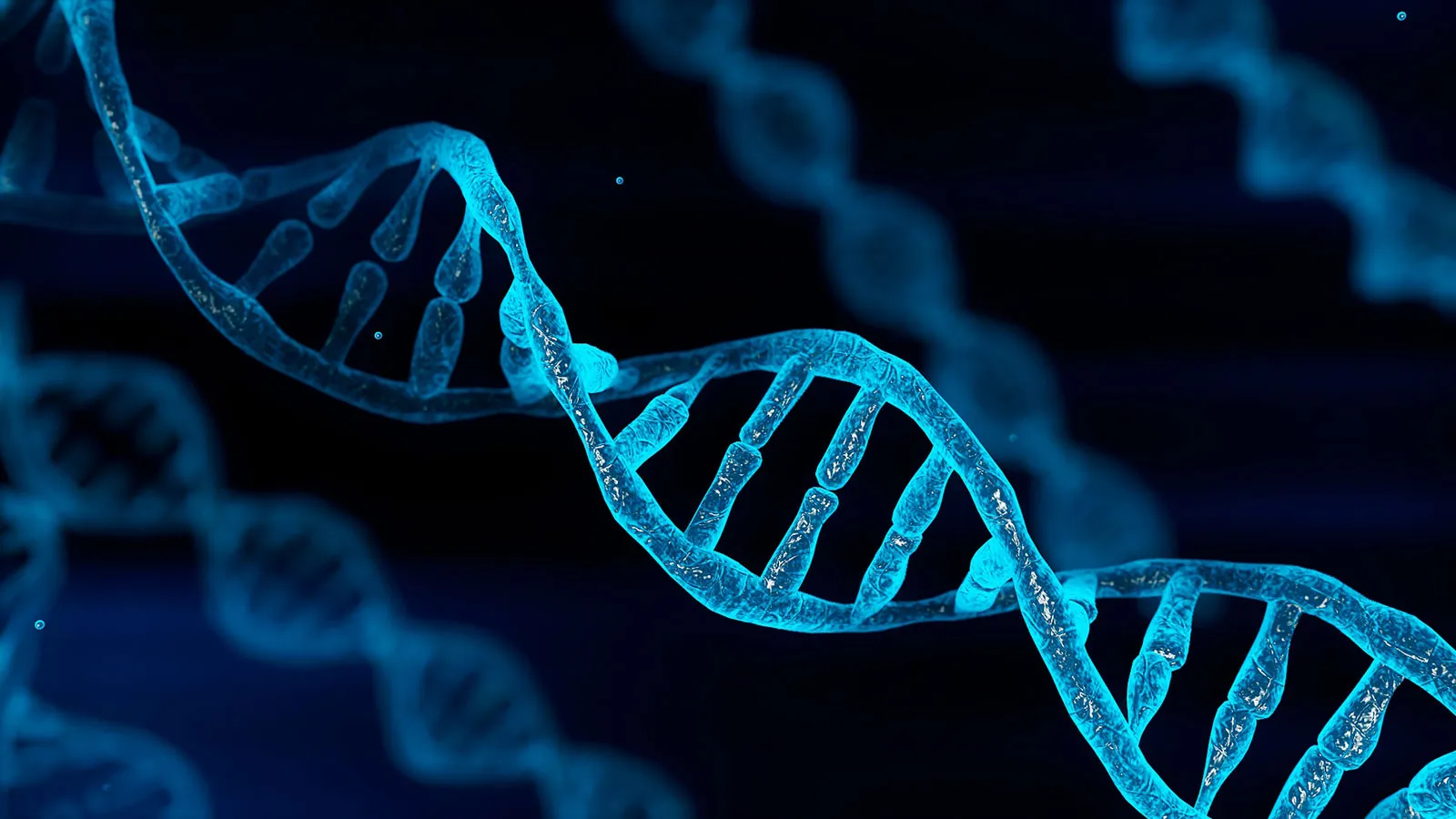
We are all happy to use an interior designer, but would you be happy using a DNA designer? What we mean by this is the obvious evolution of fertility treatments, such as IVF, evolving into specific DNA structures of change and even babies born out of womb through artificial gestation.
It is probable that, by 2050, we will be growing babies in beakers and tubes and, in the process, allowing whoever wants the baby to choose their eye colour, hair colour, cells of health and even their longevity.
Sophie Deen calls this the Baby Gene Designer, but I take it further: the Human Designer. Imagine going to a doctor when you are in your twenties and asking them to take a DNA test. Results? You might have a likelihood of Parkinson’s Disease in the future or Alzheimer’s based upon your heritage. Solution: change your genes.
In fact, by 2050, gene editing could be commonplace; ‘designer babies’ might be a reality; genetic counselling could be as normal as prenatal checkups; and debates about the ethics relating to human enhancement will be at the forefront.
What this really comes down to is the direction of making humans CRISPR. What is CRISPR? CRISPR stands for Clustered Regularly Interspaced Short Palindromic Repeats, and it’s pretty complicated but, what it boils down to, is that we now have the technologies to change our DNA.
If you have a family history of diseases from breast cancer to heart attacks and strokes, you can protect you children against this before they are born, by changing their foetal tissues. The same is true of how they look. You literally can have a baby that meets your every desire. A bit like ordering a car with all the added bits and pieces from leather seats in red to a matt paint in blue, you can do the same for your future offspring.
More than this, you can change your own design of you. We do that already through plastic surgery but imagine that, tomorrow, you could go further with CRISPR. Imagine cancer treatments that can be solved rapidly through CRISPR; imagine addiction treatments cured by CRISPR … imagine more.
CRISPR in gene therapy: CRISPR can be used as a drug to fix a mutated gene or regulate a defective gene to treat a disease.
CRISPR in cell therapy: CRISPR can be used to make the body's cells attack toxic cells or regenerate beneficial cells.
CRISPR in other applications: CRISPR can also be used to engineer drought-resistant crops, develop better drugs, and eradicate infectious diseases.
In other words, science is moving to a designer world, not just a designer human. However, the big question around all of this is ethics. For example, if parents can choose their child’s features and future, who guides them through this ethical minefield? How do we balance enhancement and humanity?
So, the DNA Designer – whether for a future birth or existing human or the seeds planted in a field – is responsible for an ethical genetic design. They would consult on genetic modification options; assess the risks and benefits of gene editing; guide through the options and ethical decisions; interpret complex genetic data; and collaborate with doctors and ethicists.
The DNA Designer will work at every level of society from neonatal to funereal – or would you prefer from womb to tomb – to ensure that we are the best that we can be … for those who have the funds to afford them.
Postscript:
Don’t even get me talking about Life Sciences and how the DNA Designer would work on these things:
- Biochemistry: The study of living things at a micro scale
- Biology: The study of living things
- Botany: The study of plants
- Cytology: The study of living things at a larger scale
- Ecology: The study of the relationship between living things and their environment
- Ethology: The study of living things at a larger scale
- Genetics: The study of how organisms are genetically coded
- Immunology: The study of living things at a larger scale
- Microbiology: The study of living things at a very small scale
- Molecular biology: The study of living things at a micro scale
- Neuroscience: The study of the mind
- Pharmacy: The study of living things at a larger scale
- Zoology: The study of animals
…
Chris M Skinner
Chris Skinner is best known as an independent commentator on the financial markets through his blog, TheFinanser.com, as author of the bestselling book Digital Bank, and Chair of the European networking forum the Financial Services Club. He has been voted one of the most influential people in banking by The Financial Brand (as well as one of the best blogs), a FinTech Titan (Next Bank), one of the Fintech Leaders you need to follow (City AM, Deluxe and Jax Finance), as well as one of the Top 40 most influential people in financial technology by the Wall Street Journal's Financial News. To learn more click here...

